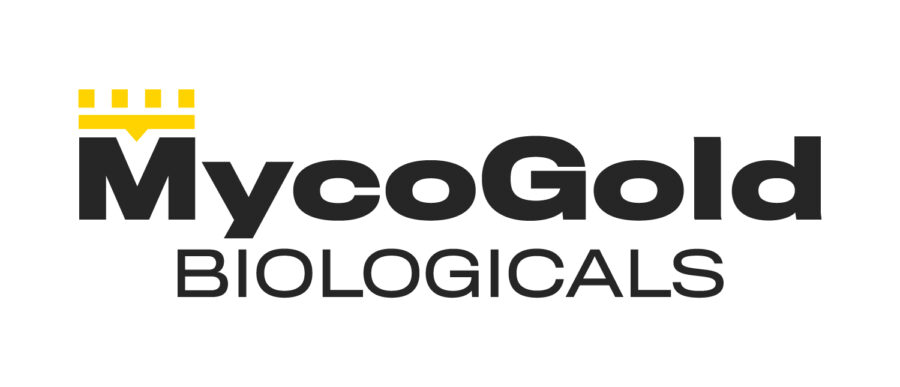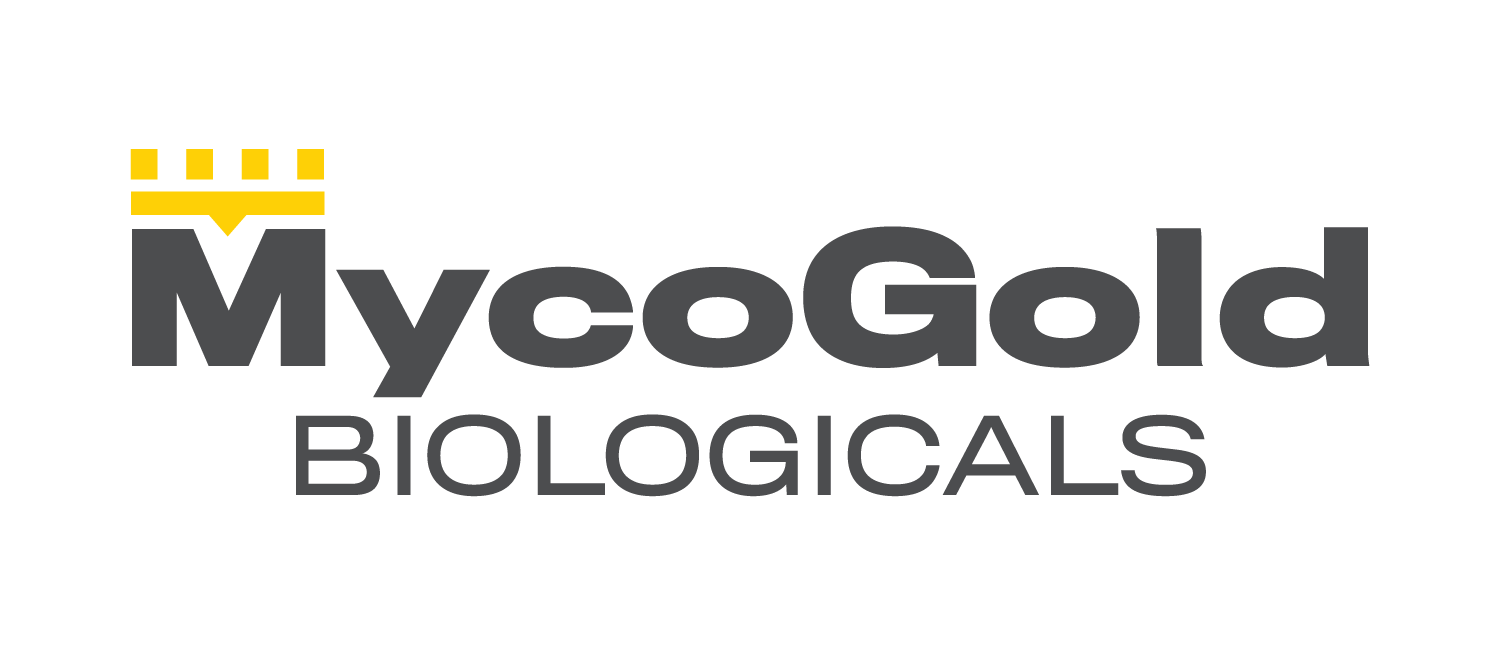As a farmer, you understand the importance of crop yield. Higher yield means more profits, which is essential for the success of your business. One way to maximize your crop yield is through seed inoculation. Seed inoculation introduces beneficial microorganisms to the seed, which helps improve crop growth and yield.
Below are the benefits of seed inoculation and how you can use it to maximize your crop yield; we will also provide tips on incorporating seed inoculation into your farming practices.
- Seed inoculation is the process of adding beneficial microorganisms to seeds.
- Seed inoculation can lead to improved plant growth, increased crop yield, decreased need for fertilizers and pesticides, and enhanced resistance to environmental stress.
- There are three types of seed inoculants: bacteria, fungi, and other microorganisms.
- To incorporate seed inoculation into your farming practices, choose the right inoculant, use the correct seed treatment method, apply it at the right time, and monitor and evaluate the results.
- Frequently asked questions about seed inoculation include concerns about the best inoculant for specific crops, whether seed inoculation can replace fertilizers, how long inoculants last, and whether it can harm crops.
FAQs:
- What is the best inoculant for my crop? The best inoculant for your crop depends on the type of crop you are growing and the specific conditions of your farm. It’s best to consult with your MycoGold seed inoculation expert or a reputable supplier to determine the best inoculant for your needs.
- Can seed inoculation replace fertilizers? Seed inoculation is not a substitute for fertilizers. It is a complementary process that helps enhance plant growth and yield. However, it can decrease the need for fertilizers and pesticides, leading to a more sustainable and eco-friendly farming practice.
- How long do inoculants last? Inoculants can last anywhere from a few weeks to several months, depending on the type of inoculant and environmental conditions. It’s essential to use fresh inoculants and store them correctly to ensure their efficacy.
- Can inoculation harm my crop? Inoculation, when done correctly, will not damage your crop. However, it’s essential to use the correct inoculant for your crop and to follow the proper application techniques.
- Can I inoculate my own seeds? Yes, you can inoculate your own seeds, but it’s important to ensure that you use the correct inoculant and follow proper procedures.
Seed inoculation is a powerful tool for improving crop yield and sustainability. Introducing beneficial microorganisms to your seeds can enhance plant growth, increase crop yield, and reduce the need for fertilizers and pesticides. Contact MycoGold to choose the correct inoculant and follow proper application techniques to ensure success. With the right knowledge and tools, you can use seed inoculation to maximize your crop yield and improve your farming.

